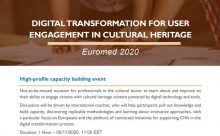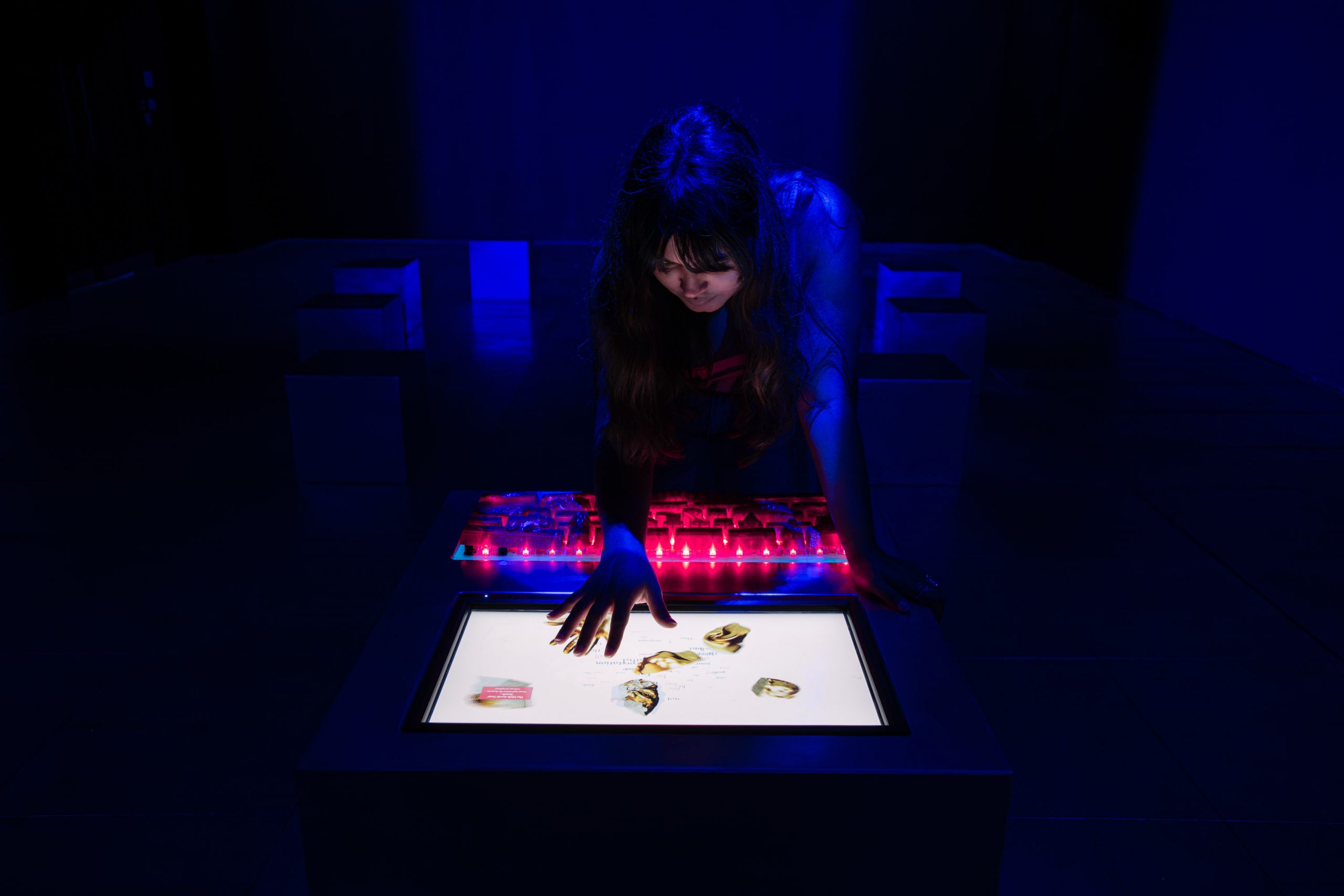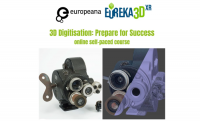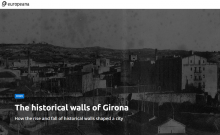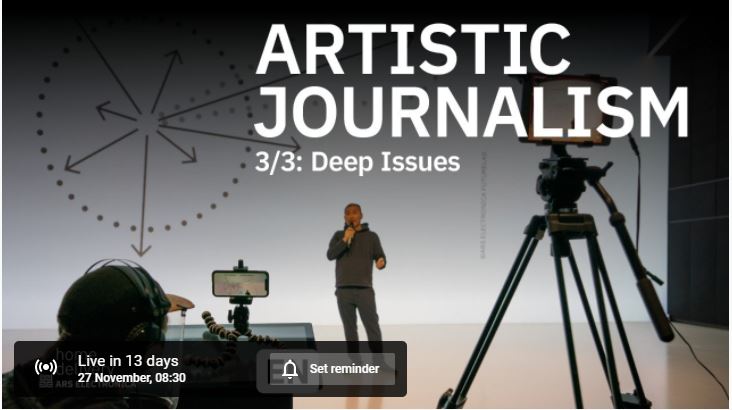 In the framework of its Home Delivery initiative, the Ars Electronica Center, organized a series of online classes focused on Artistic Journalism. Starting by the reflection on the dramatic social changes caused by the Covid19 pandemic, the classes present artistic journalism as a new media, place, and system for broadly experiencing and discussing the future and new challenges.
In the framework of its Home Delivery initiative, the Ars Electronica Center, organized a series of online classes focused on Artistic Journalism. Starting by the reflection on the dramatic social changes caused by the Covid19 pandemic, the classes present artistic journalism as a new media, place, and system for broadly experiencing and discussing the future and new challenges.
Through its activities, Ars Electronica aims to create a dialogue with new knowledge that cannot be conveyed by books, newspapers and online media alone, and discuss how to apply this dialogue to future life and society.
The second class of this on line course, was held in English language. Hideaki Ogawa, Futurelab director, gave visitors and viewers an insight into the creative perspective of AI with the exhibition AI x Music where historic music machines and techno robots give unique performances along with the Bösendorfer 290 Imperial piano plays special AI compositions. The lesson was also joined by Ali Nikrang of Ars Electronica Futurelab whose research involves the interaction between human and AI systems with focus on creative applications.
Find part 1 of this lecture series here: Artistic Journalism 1/3: Understanding AI
Find part 2 of this lecture series here: Artistic Journalism 2/3: AI x Music
Find part 3 of this lecture series here: Artistic Journalism 3/3: Deep Issues
Ars Electronica Center is based in Linz, Austria and it promotes interactive experiences combining art and technology. Due to the covid 19 pandemic it was obliged to suspend visits to the center.
Nevertheless it didn’t stop its initiatives and actively reacted by proposing a rich programme of cultural performances to be listened directed by home. The weekly programme includes guided tours to exhibitions, excursions to Center’s labs, concerts with real-time visualizations, Deep Space LIVE sessions, workshops with engineers and talks with artists and scientists from all over the world. None of this session is pre-recorded, most are interactive and all are LIVE!
Contact for requests, suggestions and feedback: home.delivery@ars.electronica.art
Link to the Ars Electronica website


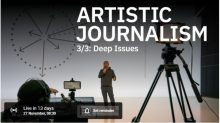

 OpenHeritage launched a series of online interactive workshops focusing on key aspects of adaptive heritage reuse. The project, which full title is “OpenHeritage: Organizing, Promoting and ENabling HEritage Reuse through Inclusion, Technology, Access, Governance and Empowerment”, focuses on the creation of sustainable models of heritage asset management and aims to empower the community in the processes of its adaptive reuse.
OpenHeritage launched a series of online interactive workshops focusing on key aspects of adaptive heritage reuse. The project, which full title is “OpenHeritage: Organizing, Promoting and ENabling HEritage Reuse through Inclusion, Technology, Access, Governance and Empowerment”, focuses on the creation of sustainable models of heritage asset management and aims to empower the community in the processes of its adaptive reuse.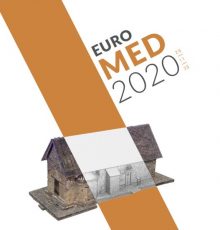
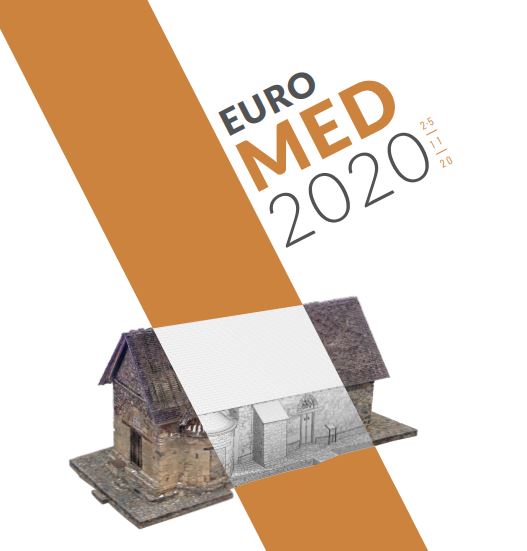 During the 4 days conference a rich and varied agenda of project’s presentations and workshops have shown new ways to conceived and manage cultural heritage, new challenges for digitization to foster engagement and social participation as well as new horizons to support the resilience of culture in its intangible and tangible dimensions. The richness of the proposals had literally stuck participants to their videos during all day long. The event gathered 1063 participants from 77 different countries from all the continents of the world.
During the 4 days conference a rich and varied agenda of project’s presentations and workshops have shown new ways to conceived and manage cultural heritage, new challenges for digitization to foster engagement and social participation as well as new horizons to support the resilience of culture in its intangible and tangible dimensions. The richness of the proposals had literally stuck participants to their videos during all day long. The event gathered 1063 participants from 77 different countries from all the continents of the world.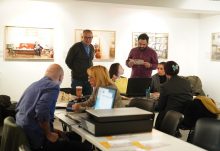
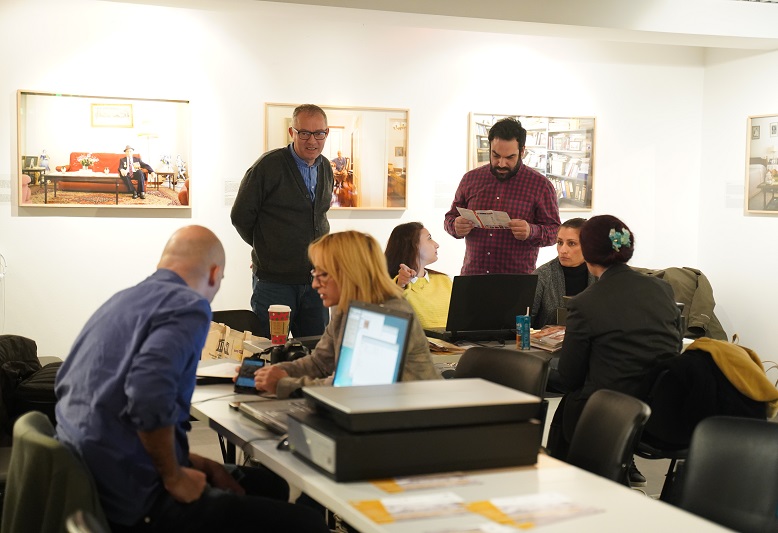


 A very intense period for the REACH project the one between the end of October and the beginning of November: 2 on line events provided the occasion to present the results of the REACH project activities and to increase its network.
A very intense period for the REACH project the one between the end of October and the beginning of November: 2 on line events provided the occasion to present the results of the REACH project activities and to increase its network.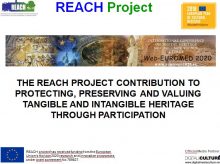
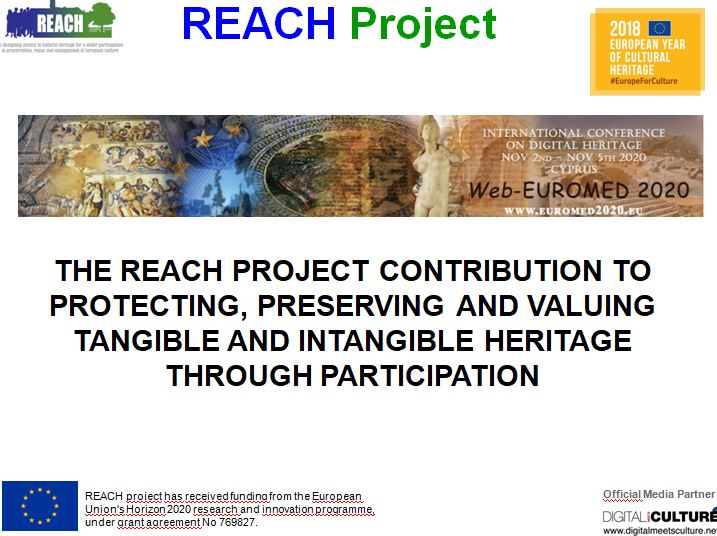 In the framework of the storytelling session of Euromed 2020 conference, the social platform of the REACH project will leave its contribution presenting a short speech titled “The Reach Project Contribution to Protecting, Preserving and Valuing Tangible and Intangible Heritage through Participation”
In the framework of the storytelling session of Euromed 2020 conference, the social platform of the REACH project will leave its contribution presenting a short speech titled “The Reach Project Contribution to Protecting, Preserving and Valuing Tangible and Intangible Heritage through Participation”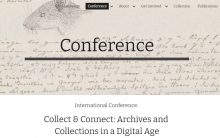
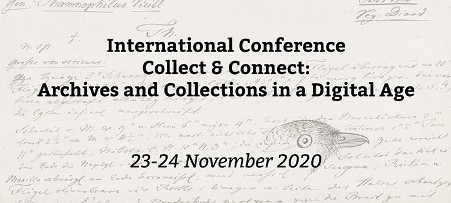

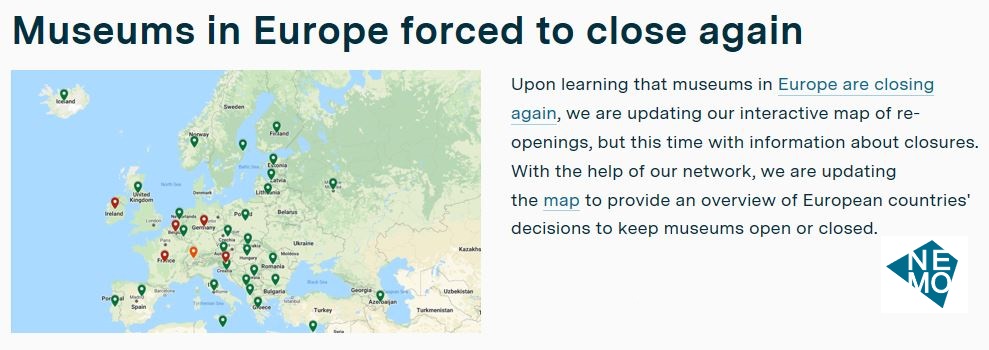 Six months ago,
Six months ago, 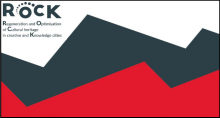
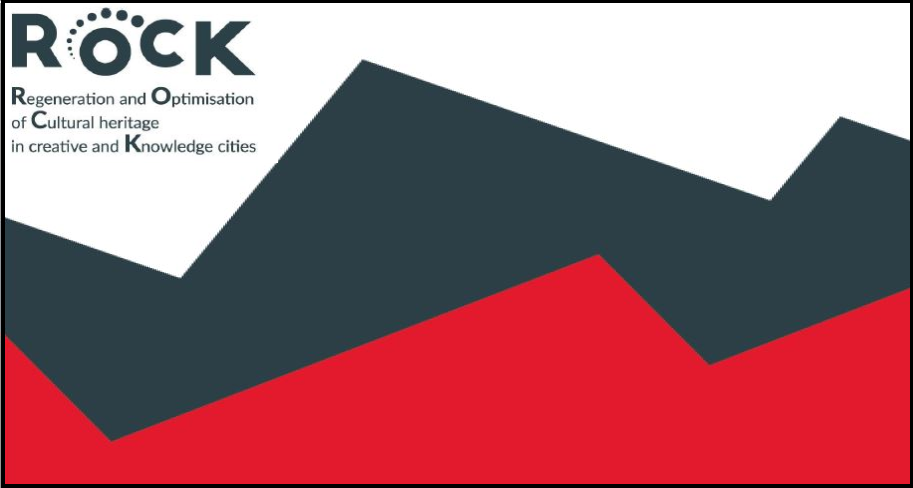 Today, place-based mainstream innovation policies in the EU are by large the so-called Research and Innovation Strategies for Smart Specialisation (RIS3 or S3 in acronym), which are promoted as an ex-ante conditionality for member states to get access to the European Structural and Investment Funds via Operational Programmes. Those strategies should be seen as a fast track to connect heritage to innovation policies more massively, as well as an excellent way to expand funding opportunities.This report provides a pathway to those interested in connecting the cultural heritage field with the smart specialisation strategies, in particular: i) RIS3/S3 regional leading authorities wanting to focus on cultural heritage at different levels and dimensions; ii) heritage managers wanting to frame cultural heritage within the innovation policy, notably the strategies for smart specialisation; iii) city officers wanting to unlock the potential of heritage as a driver for innovation-led local development.
Today, place-based mainstream innovation policies in the EU are by large the so-called Research and Innovation Strategies for Smart Specialisation (RIS3 or S3 in acronym), which are promoted as an ex-ante conditionality for member states to get access to the European Structural and Investment Funds via Operational Programmes. Those strategies should be seen as a fast track to connect heritage to innovation policies more massively, as well as an excellent way to expand funding opportunities.This report provides a pathway to those interested in connecting the cultural heritage field with the smart specialisation strategies, in particular: i) RIS3/S3 regional leading authorities wanting to focus on cultural heritage at different levels and dimensions; ii) heritage managers wanting to frame cultural heritage within the innovation policy, notably the strategies for smart specialisation; iii) city officers wanting to unlock the potential of heritage as a driver for innovation-led local development.